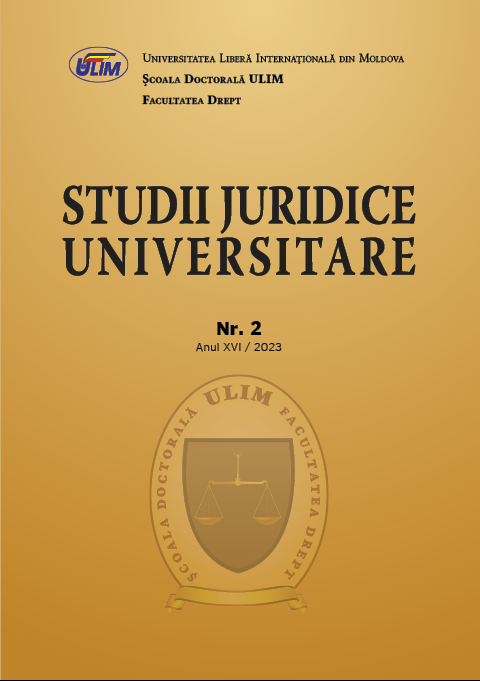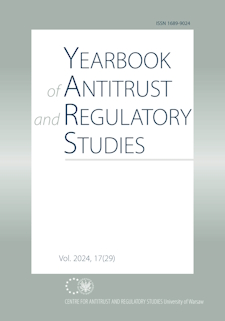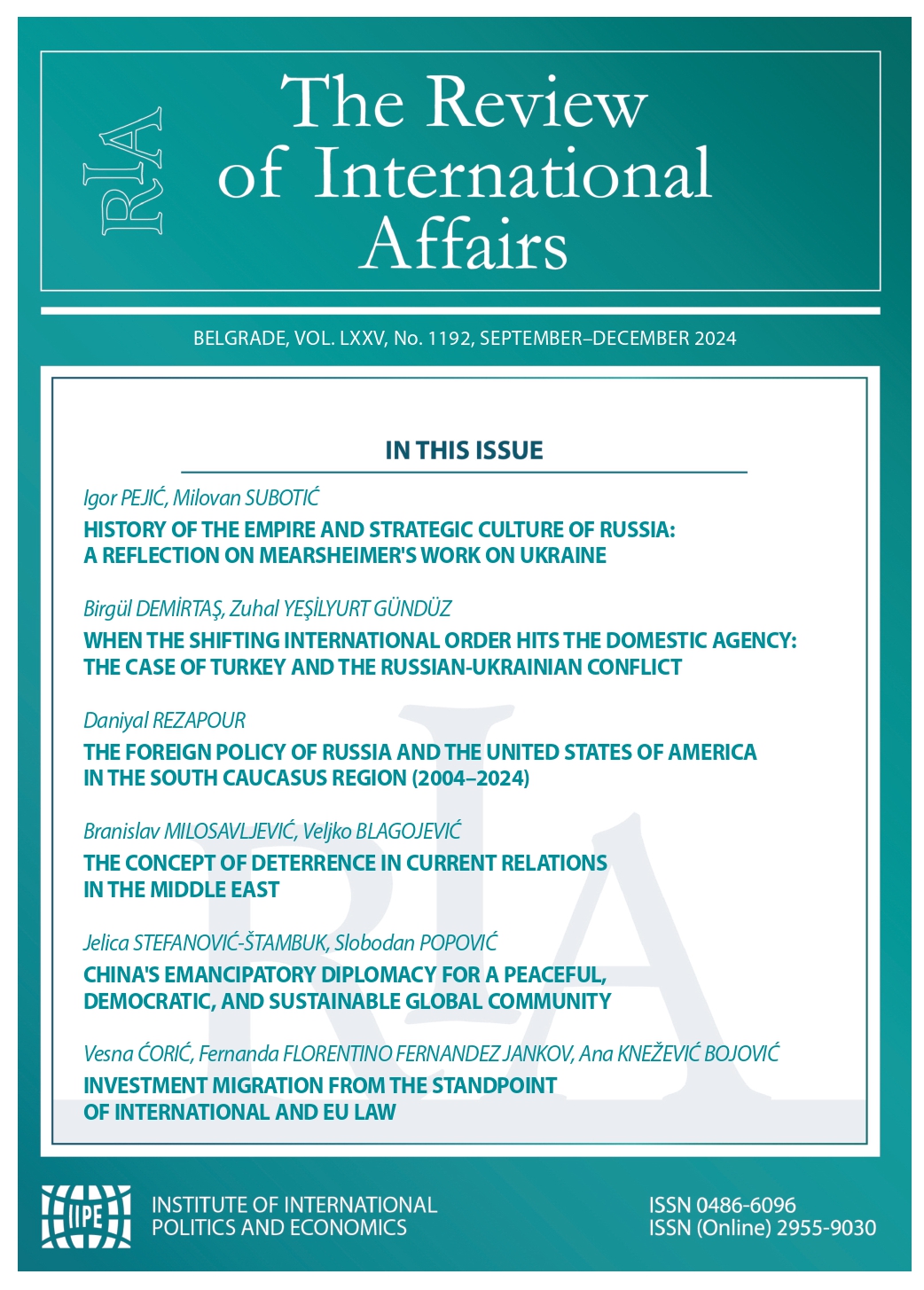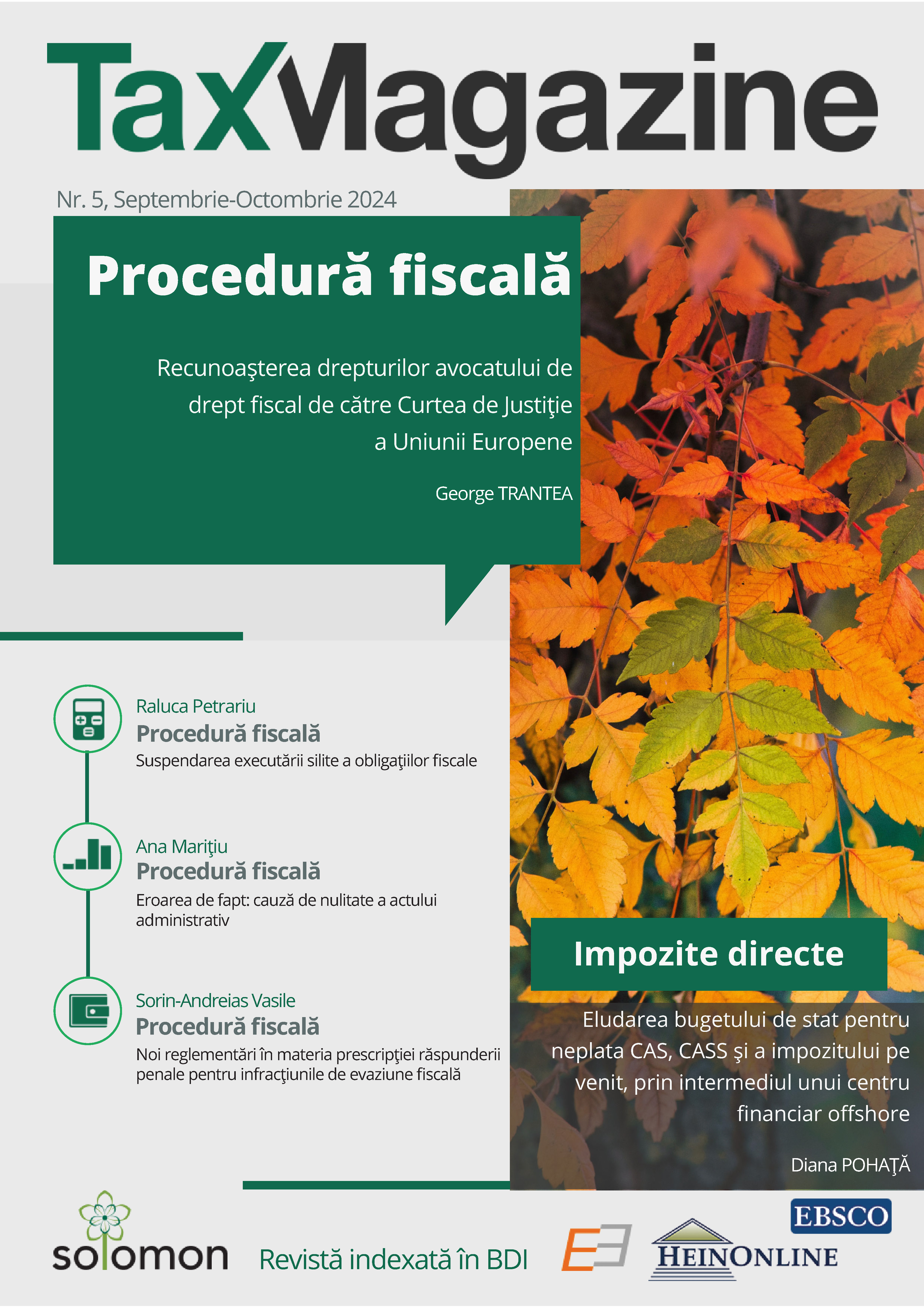
Evoluţia jurisprudenţei Curţii Europene a Drepturilor Omului cu privire la cererile interstatale
Article 33 of the European Convention on Human Rights, entitled Interstate Cases, provides: „Any High Contracting Party may refer to the Court any violation of the provisions of the Convention and its Protocols by another High Contracting Party.“ To that end, the requesting State is acting rather to denounce one or more infringements alleged to have been suffered by private individuals who have been replaced in a certain way.
More...



